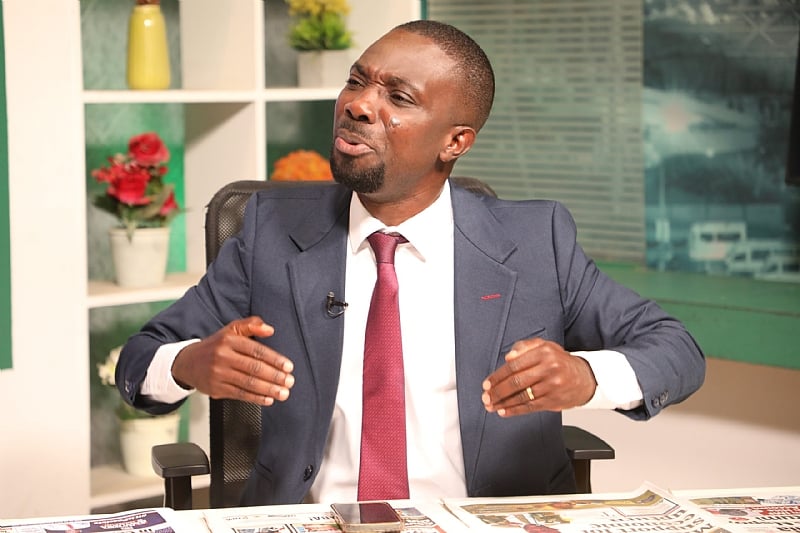Ghana’s fight against illegal small-scale mining, locally known as “galamsey,” has reached a critical juncture, sparking heated debates and urgent calls for action. The devastating environmental consequences, particularly the pollution and destruction of vital water bodies, have intensified the national discourse, with politicians, activists, and concerned citizens expressing growing frustration at the perceived slow pace of government intervention. Dennis Miracles Aboagye, a former presidential staffer, voiced his exasperation, questioning the seeming inaction of the presidency despite the Minister’s repeated warnings about the impending collapse of Ghana’s water resources. This cry of alarm reflects a widespread sentiment of urgency and a demand for decisive leadership in addressing this pressing national crisis.
Aboagye’s outburst highlights a growing public perception that the government, despite acknowledging the gravity of the galamsey problem, has not taken sufficiently robust action. This perception is fueled by the continued, visible evidence of illegal mining activities across the country and the increasingly dire state of affected rivers and water bodies. The public outcry is further amplified by social media, where concerned citizens and political figures alike express their concerns and call for stricter enforcement and more effective strategies to combat the illegal mining menace. The online platform has become a key battleground for public opinion, with politicians leveraging it to criticize their opponents’ handling of the crisis and advocate for their preferred solutions.
Adding to the escalating debate are accusations and counter-accusations between political figures, further polarizing the issue. Sam George, a Member of Parliament, directly challenged the then-incumbent government’s commitment to tackling galamsey, suggesting a lack of political will was the primary obstacle. This direct challenge to the presidency underscores the political dimension of the galamsey crisis, where the issue is often framed within the broader context of governance, accountability, and political responsibility. The public pronouncements and online exchanges between political figures highlight the extent to which galamsey has become a central theme in the national political discourse.
Amidst the growing pressure, President John Dramani Mahama addressed the nation, explaining his administration’s approach to combating illegal mining. Mahama defended his government’s actions, highlighting the empowerment of security services and the refusal to issue new mining licenses in protected areas. He argued against declaring a state of emergency, asserting that other measures had not yet been exhausted and that such a drastic step should be a last resort. This justification, however, did little to assuage the concerns of those who believe that more forceful and immediate action is necessary to curb the environmental destruction and restore the health of Ghana’s water bodies. The President’s explanation underscores the complexity of the issue, where balancing environmental protection with economic considerations and the rights of local communities poses significant challenges.
The President’s emphasis on empowering security services and restricting mining licenses reflects a multi-pronged approach to tackling galamsey. This strategy aims to combine enforcement with preventative measures, tackling both the immediate problem of ongoing illegal mining and the underlying factors that contribute to its persistence. However, the effectiveness of this approach remains a subject of debate, with many questioning whether these measures are sufficient to curb the widespread nature of the illegal mining activities. The ongoing degradation of water resources suggests that the current strategies may not be yielding the desired results, further fueling the calls for more radical interventions.
The galamsey crisis in Ghana has evolved into a complex web of environmental degradation, political posturing, and socio-economic concerns. The urgent need to protect vital water resources clashes with the economic realities of those who depend on small-scale mining for their livelihoods. The government’s efforts to balance these competing interests while effectively enforcing environmental regulations face significant challenges, particularly given the scale of illegal mining operations and the involvement of powerful individuals and networks. The ongoing debate highlights the precarious balance between environmental sustainability, economic development, and political accountability, demanding a comprehensive and decisive national strategy to address the galamsey menace effectively. The future of Ghana’s water resources, and indeed its sustainable development, hinges on the government’s ability to navigate these complexities and implement solutions that are both effective and equitable.














